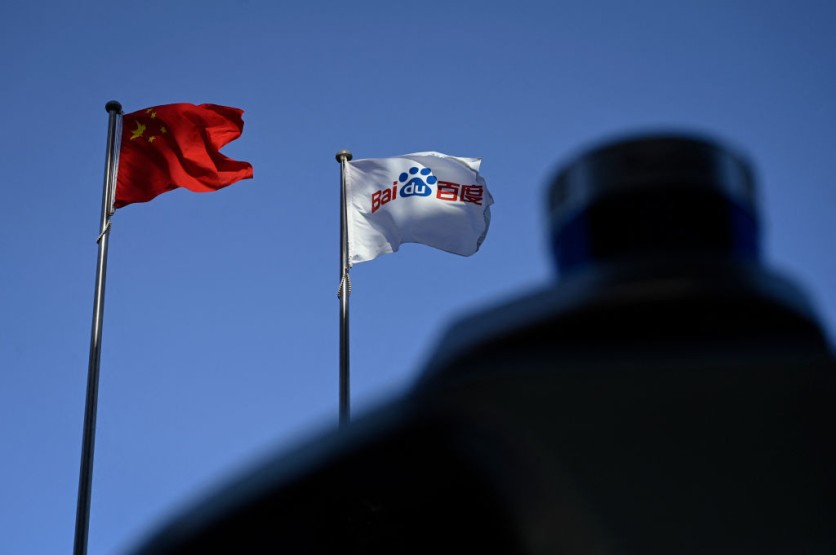As China and the United States tech war intensifies, Beijing has listed 8,997 industrial businesses as "little giants" that are qualified for special treatment to help the country in becoming a greater technological powerhouse than the US.
The information was made public at the Little Giants National Summit, which took place on Thursday, Sept. 8, in Nanjing, the provincial capital of eastern Jiangsu, according to a report by the South China Morning Post.

Advancing Social and Economic Growth
In a letter, President Xi Jinping expressed his hope that these businesses would play a bigger part in stabilizing supply chains and advancing social and economic growth in the country.
In addition, the summit showed that these businesses had an average profit of 40 million yuan ($5 million) in 2021, which is more than three times the average profit of small and medium-sized businesses with annual revenues of at least 20 million yuan.
Little giants are smaller, frequently unheard-of companies with unique goods and expertise in key industries, including semiconductors, innovative manufacturing, energy, and vital minerals.
Over 10,000 research institutes at the state and provincial levels have already been formed, according to SCMP.
According to the state-owned Economic Daily, these businesses employ an average of 28.7% of their workforces in research and development, which is comparable to the 30% rate for businesses listed on the Science and Technology Innovation Board of the Shanghai Stock Exchange, also known as the STAR market.
What are the Qualifications of a Little Giant?
China has completed 90% of its task of naming 10,000 tiny giants by 2025 in just three years. Beijing has produced four lists of businesses deemed to be "little giants," or simply "LGs," since 2019.
A business must be involved in a strategically significant industry, such as semiconductors, manufacturing, energy, or minerals, to qualify as a little giant.
Additionally, these businesses must dedicate an average of 28.7% of their workforce to research and development activities.
According to the Ministry of Industry and Information Technology (MIITapplication ), businesses engaged in strategically significant industries like software and artificial intelligence may also be listed alongside those that can "fix weaknesses" in the domestic supply chain.
This new list comes at the heels of the US banning the export of AI chips to China, citing concerns that it could be used for military objectives. This marks a new low for the tech rivalry between the two countries.
According to figures from the General Administration of Customs, China's integrated circuit (IC) import volume decreased by more than 12% to 369.5 billion units from January through August.
SCMP said there is no conventional incentive package for little giants, but they can benefit from tax cuts, favorable personnel acquisition policies, and generous loans from the federal and provincial governments.
Related Article : Acer: Global Chip Shortage to Happen Until 2022-Laptop, Semiconductor Production Faces Crisis
This article is owned by Tech Times
Written by Joaquin Victor Tacla
ⓒ 2025 TECHTIMES.com All rights reserved. Do not reproduce without permission.




